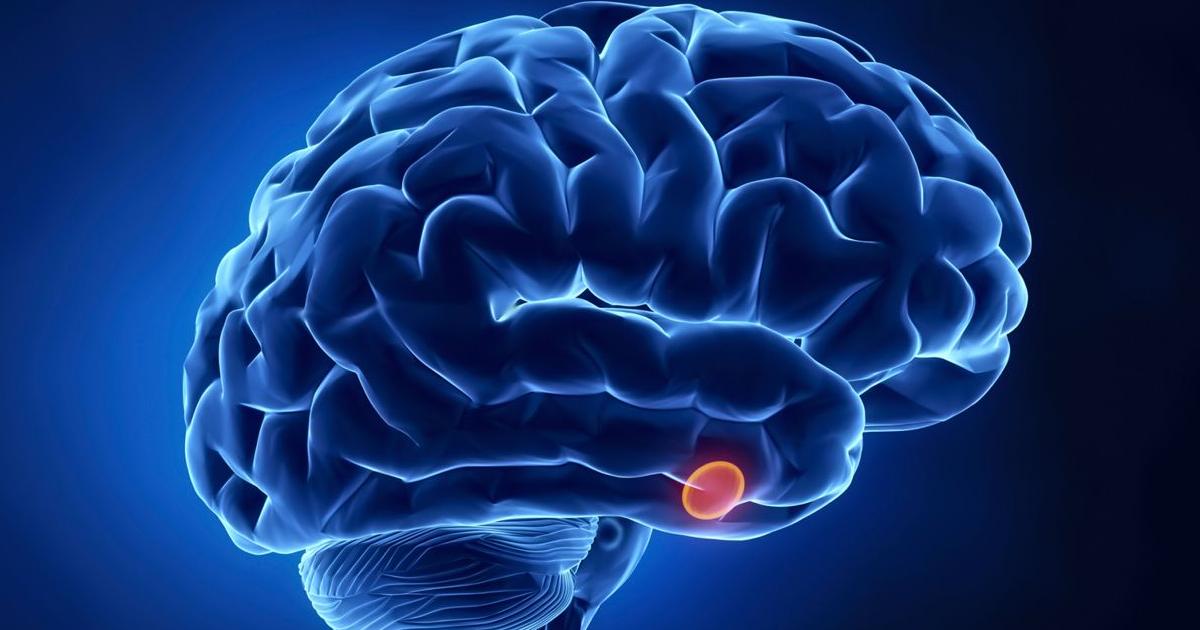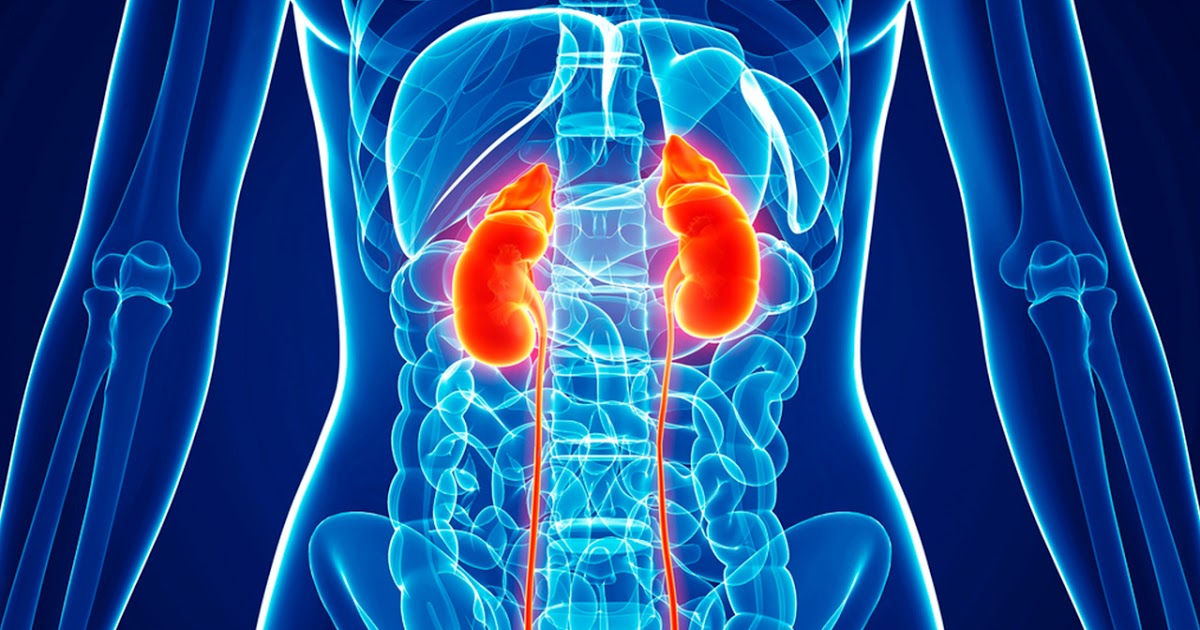Causes, Symptoms, And Treatment Of Diabetes Insipidus
Damage To The Pituitary Gland

When an individual has sustained damage to their pituitary gland, it can cause them to develop a form of diabetes insipidus called central diabetes insipidus. Individuals affected by central diabetes insipidus are unable to regulate their water balance inside of the body properly. The pituitary gland is located behind the bridge of an individual's nose and at the base of their brain. This main gland is responsible for the secretion of a hormone called anti-diuretic hormone into the rest of the individual's body. However, if the pituitary gland becomes damaged as a result of a tumor, previous surgery, illness, or head injury, it may cause it to malfunction. This malfunction may manifest as an inability to produce sufficient amounts of anti-diuretic hormone. In addition, any of these factors can cause an individual's pituitary gland to have difficulty storing and releasing the anti-diuretic hormone, which can also result in the development of central diabetes insipidus. This type of diabetes insipidus may also be caused by an inherited genetic disease with adverse effects on the patient's pituitary gland.
Keep reading to uncover more potential causes of diabetes insipidus now.
Kidney Tubules Defect

An individual affected by a kidney tubules defect can develop a form of diabetes insipidus referred to as nephrogenic diabetes insipidus as a result of their defect. A healthy individual has a set of kidneys that contain small structures called tubules. The kidney tubules are responsible for the reabsorption of water from the urine when the body doesn’t have enough, and the excretion of water from the blood when the body has too much. In healthy individuals, the tubules perform this function as a response mechanism to differing levels of the hormone called anti-diuretic hormone. However, individuals affected by a kidney tubules defect have kidneys with tubules that do not know how to respond to varying levels of anti-diuretic hormone appropriately. A kidney tubules defect can be a result of an inherited genetic mutation in the individual's DNA, or it can be more of a chronic kidney disorder. In addition, nephrogenic diabetes insipidus that has precipitated from a kidney tubule defect can be the result of certain types of medications, including some antivirals and lithium.
Read more about what can result in diabetes insipidus now.
